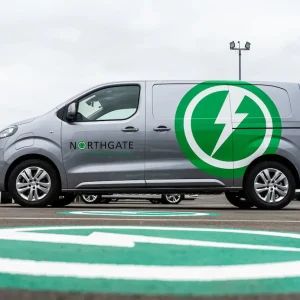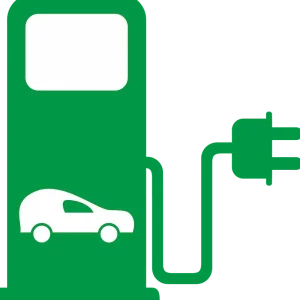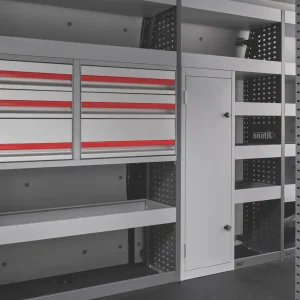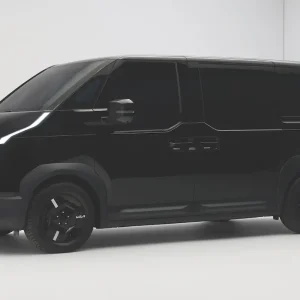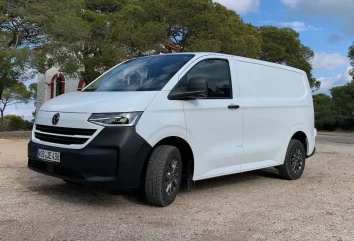
Volkswagen’s seventh-generation Transporter medium van goes on sale in March, with short- and long-wheelbase (SWB and LWB) low-roof panel vans with diesel and electric drivetrains the first to arrive in UK showrooms.
The three 2.0-litre four-cylinder TDI engines are available with outputs of 110hp, 150hp and 170hp. The 110hp and 150hp engines are paired with a six-speed manual gearbox as standard while the 170hp unit is always combined with eight-speed automatic transmission, which is an option with the 150hp engine, which can also be ordered with VW’s 4Motion all-wheel drive.
The rear-wheel drive e-Transporter will be offered in the UK with outputs of 136 hpand 218hp coupled with peak torque of 430Nm. Both versions come with a lithium-ion battery with a useable capacity of 65kWh.
Volkswagen is offering the diesel panel van in three trim levels – Commerce, Commerce Plus and Commerce Pro – with prices ranging from £30,995 to £40,345, excluding VAT.
The e-Transporter is up for grabs in Commerce Plus and Commerce Pro specifications with prices ranging from £41,965 to £48,705, excluding VAT and the Plug-in Van Grant (PiVG), which cuts an additional £5,000 from the starting price.
Load volumes are 5.8m3 for the SWB van and 6.8m3 for the LWB version. A high-roof model will join the line-up in the fourth quarter of the year, offering a load space of up to 9.0m3. A double-cab-in-van, including a chassis version, will also be available. Volkswagen says a petrol-electric plug-in hybrid (PHEV) will join the model range in the first quarter of 2026. It claims all drivetrains will offer payloads of more than 1.0-tonne.
The seventh-generation Transporter has resulted from Volkswagen’s product-sharing partnership with Ford and is built on the same platform as the Transit Custom at Ford’s plant in Kocaeli, Turkey.
Lars Krause, Volkswagen Commercial Vehicles board member for sales and marketing, claims the joint development has not detracted from the iconic van’s pedigree.
“It’s always a challenge with a successor,” he told What Van? “The main focus is always to deliver the best value for customers.”
Krause claims he was involved in the van’s development from the first meetings with Ford in 2017 and described the process as “truly a joint programme”.
“It’s not that we took a van and changed something,” he said. “We were there in the development, [we] learnt from each other.”
Krause claims Volkswagen now offers customers the most comprehensive choice of electric and ICE medium vans in the market with the Transporter, ID. Buzz Cargo and Multivan.
He says the electric-only ID. Buzz Cargo does not overlap with the e-Transporter because it has a smaller load volume of 3.9m3, which is more in line with the diesel-powered Caddy Maxi.
Krause could not say whether the next generation Transporter would be taken back in house, but he did confirm the forthcoming e-Crafter large van, which will be launched in 2027 or 2028, will be a Volkswagen-developed product shared with MAN, as is the case with the current Crafter, which is also marketed as the MAN TGE.
Krause said Volkswagen believes electrification is the future for LCVs and has no intention of building hydrogen-powered vans.
“We do not see the business case,” he said, “the production process is so expensive.”

